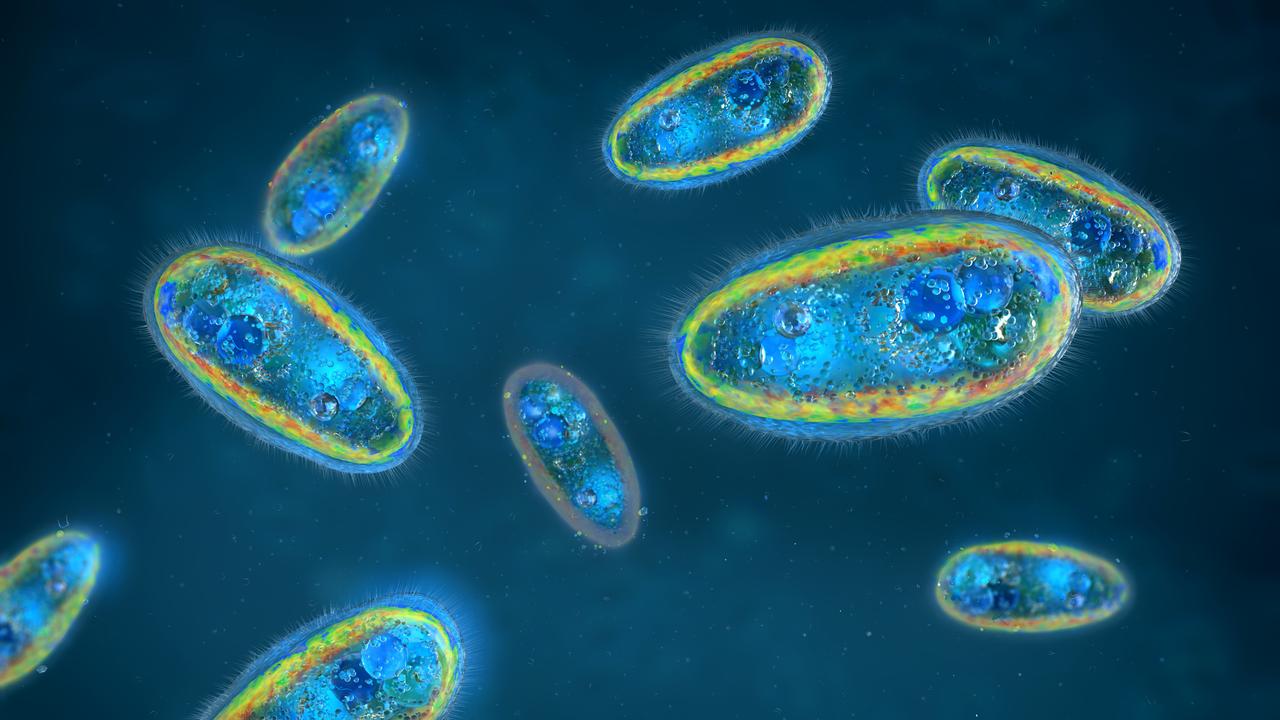Is local, organic fruit and veg really better for you?
A Sydney doctor has warned that there’s one big risk in fruit and veg that we can’t ignore – but there’s a cheap solution to put it right.
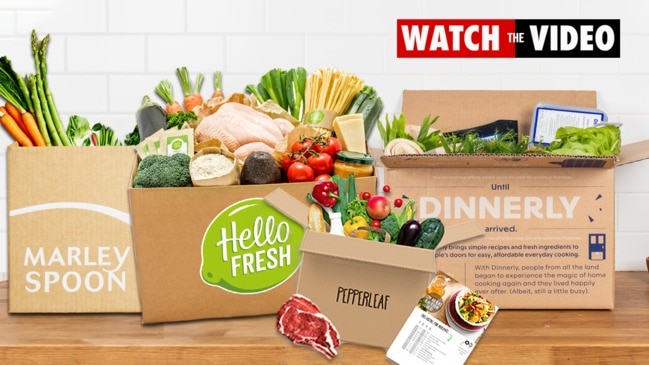
Welcome to Ask Doctor Zac, a weekly column from news.com.au.
This week Dr Zac Turner looks at whether organic fruit and veg is better for you.
QUESTION: Hi Dr Zac, I hear a lot about ‘locally sourced’ organic produce but I know nothing about it other than my girlfriends all saying I should be buying it over imported produce.
Why are we told locally sourced produce is better? Aren’t all fruit and vegetables the same nutritionally regardless where they come from? Do they spray more pesticides on imported produce so they can travel longer distances and arrive fresh? Are pesticides easily washed off, or are they embedded into the fruit and veg and are they bad for my health if I eat them? Organic fruit and veg is so expensive – is it worth it or am I just wasting my money? – Melanie, 35 – Adelaide
ANSWER: Hi Melanie, so many questions! And all good ones because I’m sure you’re not the only one confused about this topic.
‘Farm to Table’ is a phrase that often goes over our heads and we never consider the true merit of it. Locally sourced produce means the fruit or vegetables have not travelled far which is beneficial not only for you as the consumer, but for the grower and the environment too – it’s a triple threat of goodness.
RELATED: The unhealthy truth about airfryers
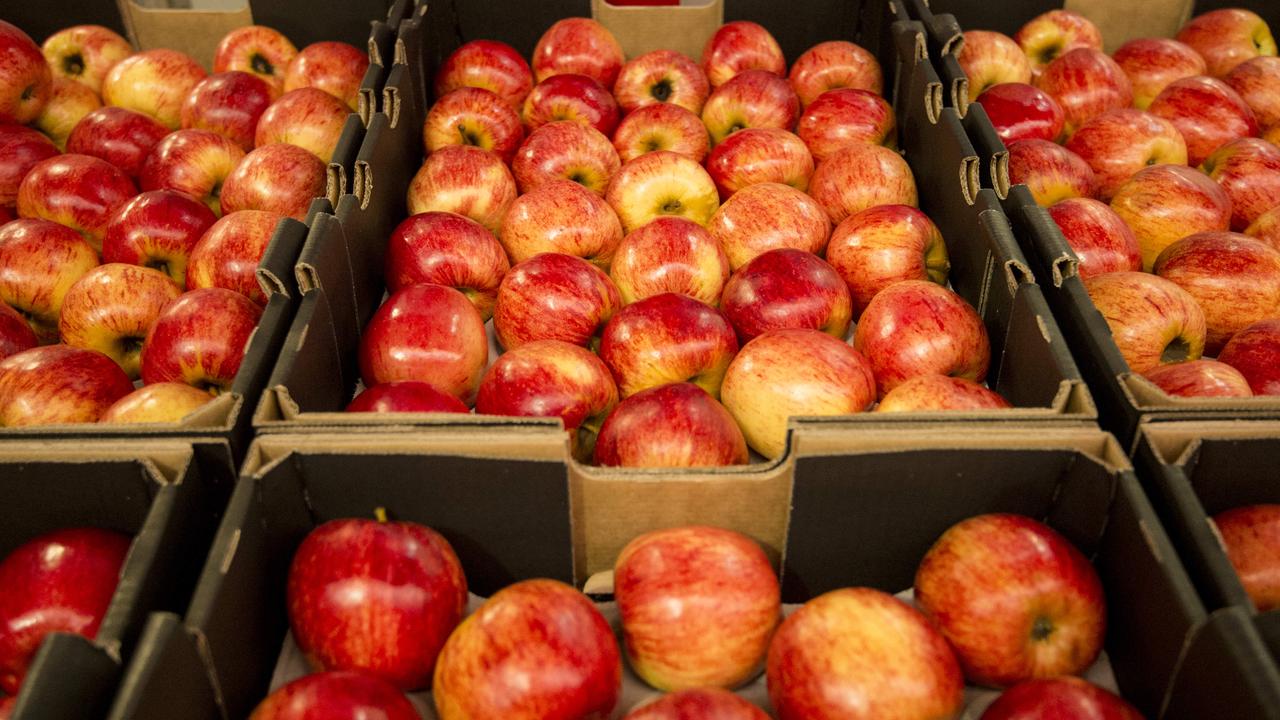
When produce is grown locally, the crops are picked at their peak of ripeness. Whereas with produce that comes interstate and from overseas, it’s picked well before it reaches any stage of ripeness in order for it to be consumable by the time it reaches your table.
The farm-to-table time frame with locally sourced produce can be as small as 24 hours if you purchase from a farmers market. However other produce could be picked weeks, or even months in some cases, before you purchase.
‘Food miles’ is a common buzzword you’ll hear. Many people opt for locally sourced food as it has ‘less mileage’, meaning they’ll choose food which has a lower carbon footprint.
What does this all mean?
Well, for starters to answer your question, just because it is locally sourced and organic does not mean it has a higher nutritional value. There have been no definitive studies which outline organic fruit and veggies to have a higher level of nutrients than non-organic produce.
Let’s not stop there, Melanie, like all things scientific there are many variables at play to consider, so don’t make your mind up yet.
RELATED: Hidden danger of smoking substitute
RELATED: Doctor reveals his easy hangover cure
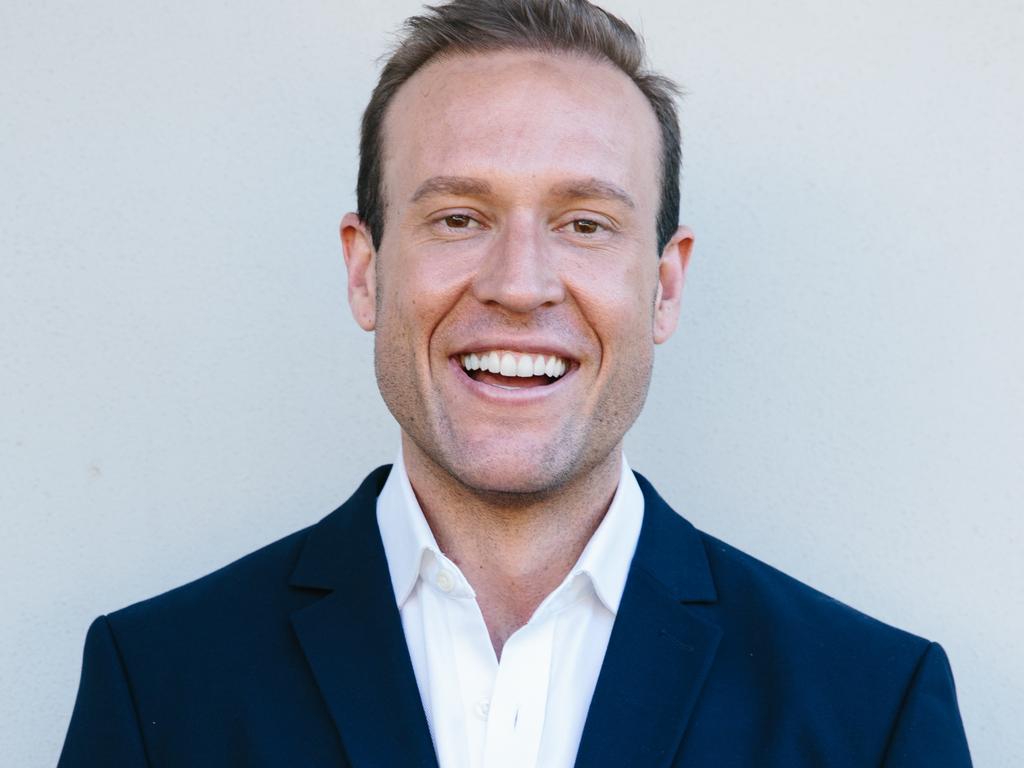
Pesticides and contamination are the two biggest factors you should always consider. Produce that has come a long way, especially from overseas, has sat around in multiple distribution centres before reaching you.
This multiplies the risk of contamination exponentially, which includes animal waste/residue, dirt and human/animal disease. The pandemic has shown why that’s something we all must consider seriously.
Pesticides on our produce can cause damage to your bodies over time with repetitive consumption. The harmful chemicals are known to cause cancers, birth defects, reproductive harm, neurological and developmental toxicity.
Organic means no pesticides have been used. I always recommend organic produce to my clients if it’s available and affordable.
I understand organic is expensive and not everyone can make the choice every time they shop. There are three ways I recommend to successfully clean your produce from all chemicals and pesticides.
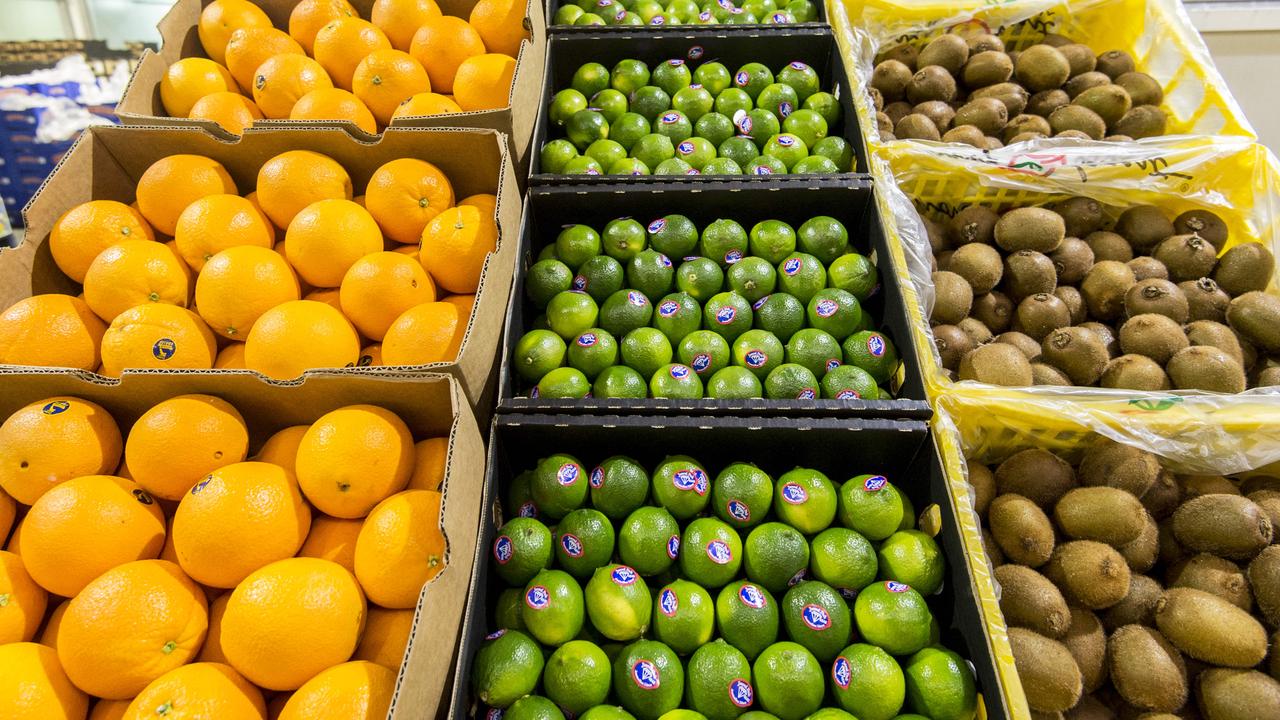
Wash your produce in a saltwater solution – use 10 per cent salt in fresh water. This will really clean the produce and, don’t worry, it won’t start to taste like salt.
Peeling your fruit can do wonders in limiting chemical intake. Always make sure to wash it before and after peeling.
A good old fashioned wash in cold water is a must. If you don’t have time to do anything else, you must do this.
Melanie, I recommend you look up your local farmer’s market and shop for your produce there. Our world is full of chemicals and the less we intake the better.
Dr Zac Turner has a Bachelor of Medicine and Bachelor of Surgery from the University of Sydney. He has worked as a Registered Nurse, both in Australia and internationally and is also a qualified and experienced biomedical scientist | @drzacturner



